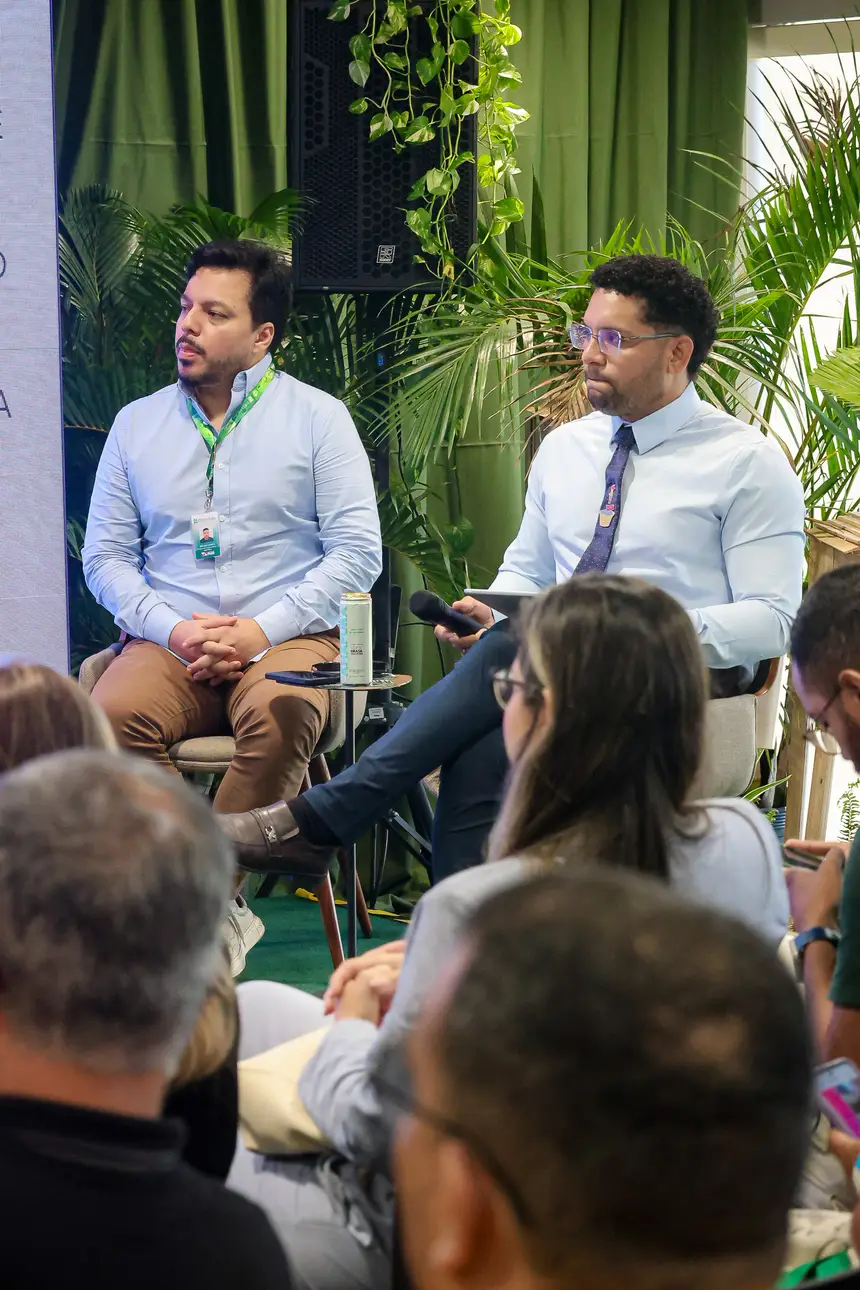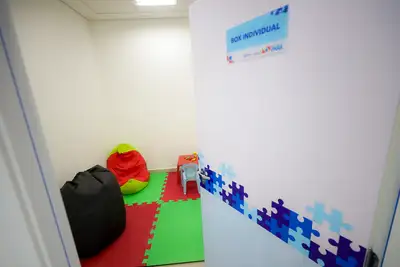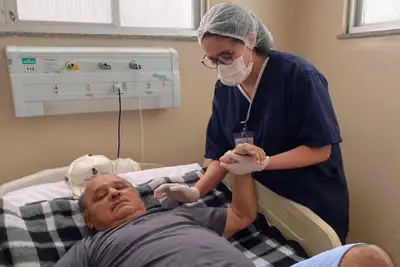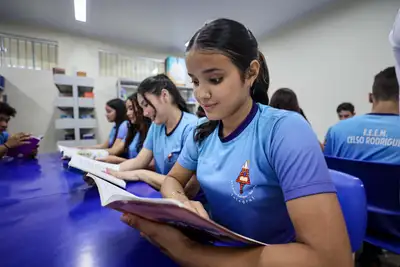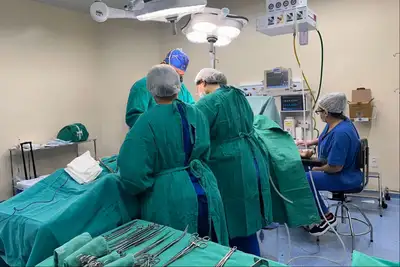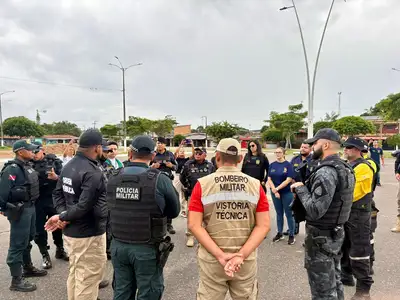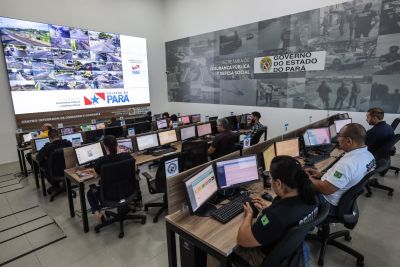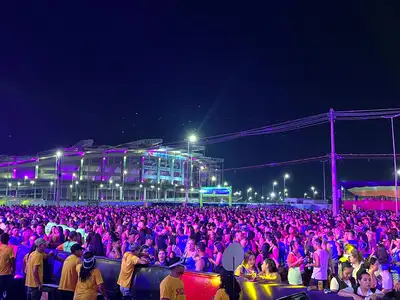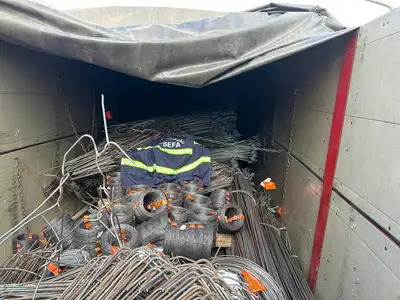Ideflor-Bio highlights management, sociobiodiversity, and community leadership at COP30
Dialogues are consolidated as fundamental pillars of a fairer, livelier, and more sustainable Amazon for future generations
With the theme "Management and Strengthening of Sociobiodiversity in the Conservation Units of the State of Pará," the panel presented by the Institute of Forest Development and Biodiversity (Ideflor-Bio) brought together public managers, specialists, and community leaders on Tuesday (18), at the Pará Pavilion, in the Green Zone of COP30, to discuss integrated pathways for conservation, income generation, and the appreciation of traditional territories.
The table was moderated by the director of Management and Monitoring of Conservation Units of the Institute, Ellivelton Carvalho, who highlighted the challenge of consolidating development models that keep the forest standing while promoting quality of life for the populations that depend on it. At COP30, these dialogues are consolidated as fundamental pillars of a fairer, livelier, and more sustainable Amazon for future generations.
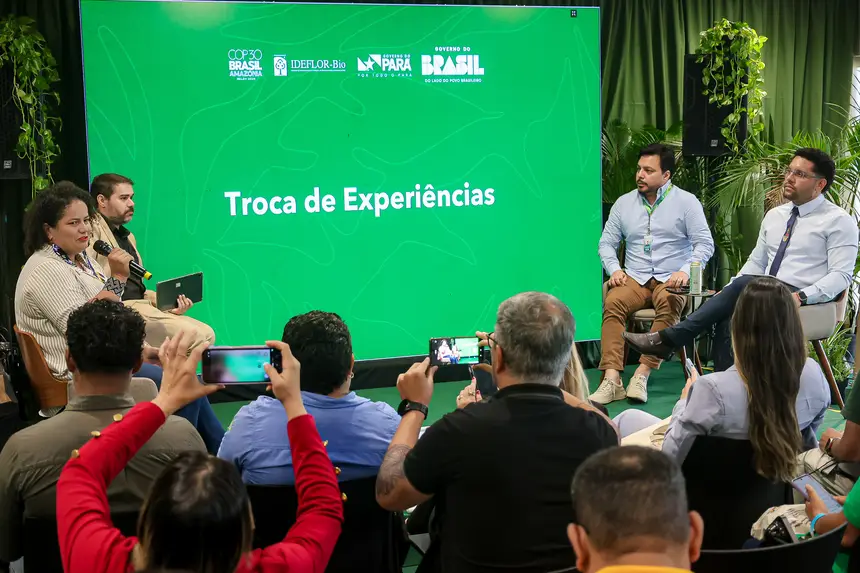
The participation of Sidiane Sampaio, president of the Mixed Agricultural Extractivist Association of the Residents of the Jamaracaru Community and Region (Acaje), brought to the debate the perspective of communities in Lower Amazon, in western Pará. Sidiane Sampaio emphasized the relevance of occupying global spaces, such as COP30, to show the world the reality lived in the territory.
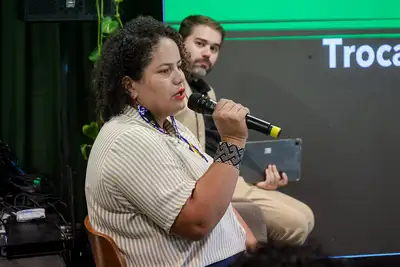
Voices of the forest - "It was very important to expose our work, so that the world knows our reality for real, because many times they speak for us in a way that does not correspond to what we live. Being here brings more visibility, support, and public policies to strengthen our communities," said Sidiane Sampaio, adding that participating in an international event represents not only recognition but a step for new strategies to contribute to keeping the forest standing.
She also reinforced the responsibility of bringing to Belém the voice of communities that rarely have the opportunity to participate in debates of this magnitude. "It is very gratifying to be here at this moment when the world is looking at climate change in our region. Few communities could come. It is important to bring our struggle and our voice, so that this helps in future planning that supports our work and our permanence in the forest," she concluded.
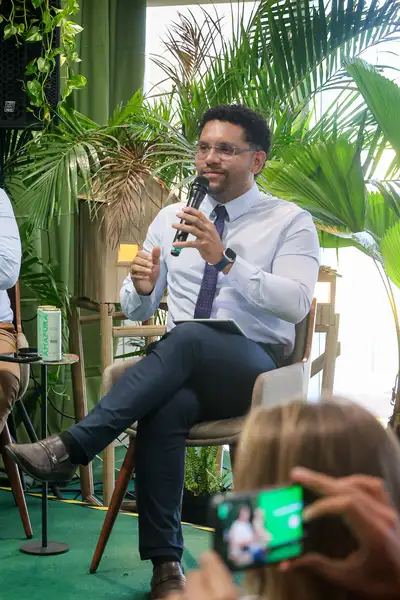
Plurality - The panel also featured the participation of Renato Rodrigues, technical coordinator of the Sustainable Landscapes Project of the Amazon (ASL) in Pará. He highlighted the plural nature of the debate and the importance of integrating extractivists, cooperatives, civil society organizations, and public managers.
"It was a very diverse panel, where we could present conservation actions in a strategic territory, such as the APA Triunfo do Xingu. It is an area in transformation, where the bioeconomy grows and advances from a process of collective construction," said Renato Rodrigues, highlighting that the joint action between Ideflor-Bio, Conservation International, and local organizations promotes sustainable practices and strengthens productive chains based on sociobioeconomics.
According to Renato Rodrigues, the advancement of these initiatives is aligned with restoration policies at the national and state levels. He emphasized that actions implemented in the territory dialogue with the National Plan for the Recovery of Native Vegetation (Planaveg), aimed at forest restoration at the federal level, and with the State Plan for the Restoration of Native Vegetation (PRVN). "Our goal is for sociobioeconomics to increasingly be a sustainable source of income for local populations, always allied with the conservation of conservation units and the recovery of degraded areas," he explained.
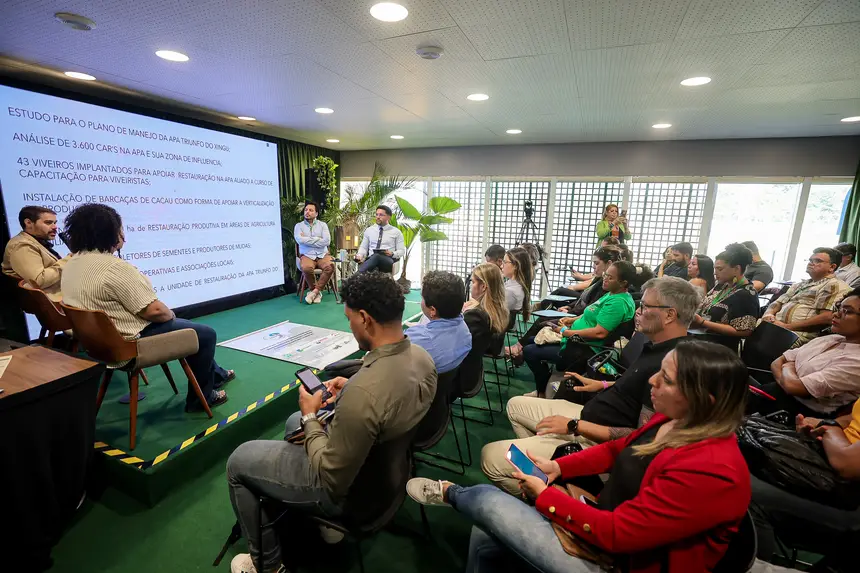
Past and future - The environmental analyst of Ideflor-Bio, Dilson Lopes, made a historical reflection on the trajectory of environmental management in the Amazon. For him, understanding the past is fundamental to guide future public policies. "We have moved from an integration policy focused on deforestation, and 60 years later, we are moving towards a policy of restoration and healthy use of the forest. This helps us understand the dynamics of environmental policy and where we should go as a society and economy," he reiterated.
Dilson Lopes also emphasized the need to broaden the view of the economic potential of Amazonian sociobiodiversity. According to him, it is important that development is not limited to seed chains or basic extractivism. "We are evolving in socioeconomics, but we need to go further. We must see ourselves as a technological industry of sociobioeconomics born in the Amazon, capable of being a market player in the coming years. The next step is to compete with major global brands, based on products and technologies produced here," said the analyst.


